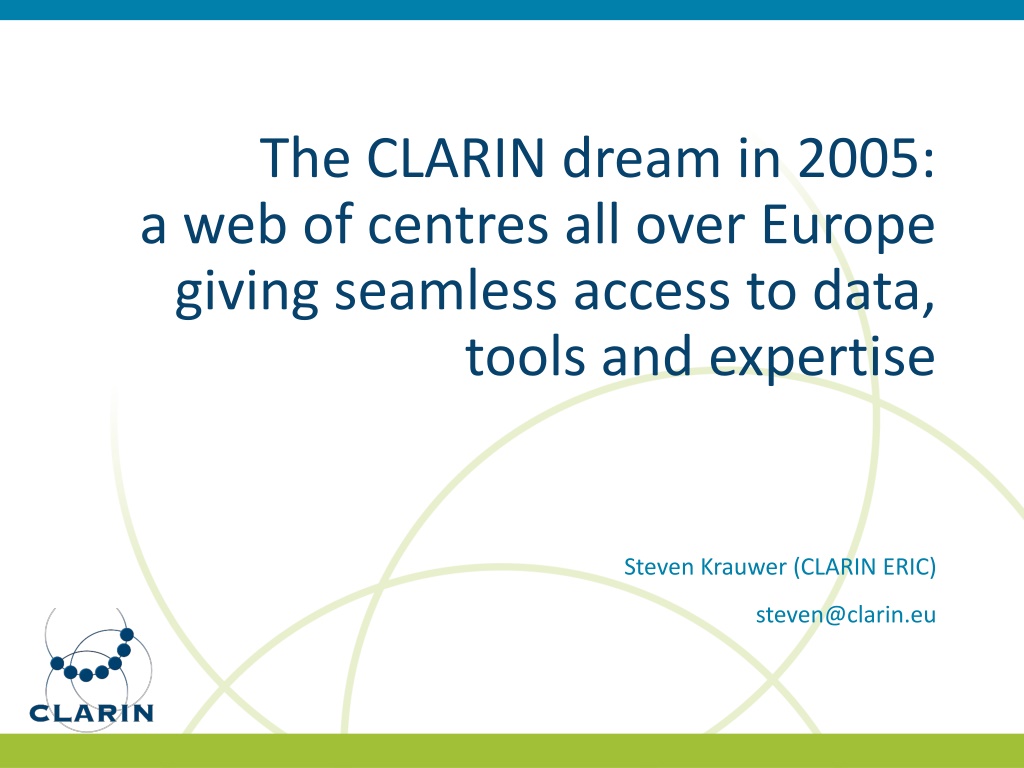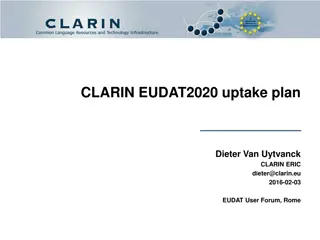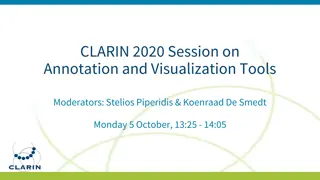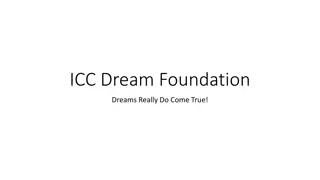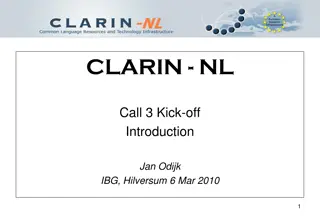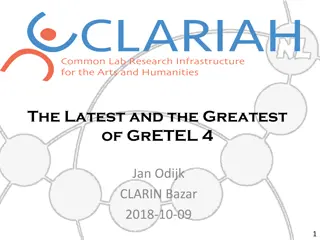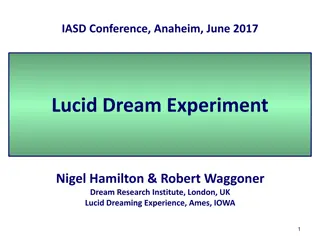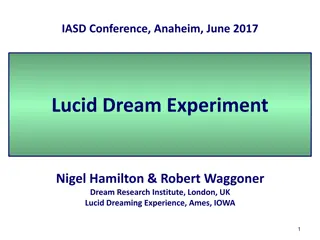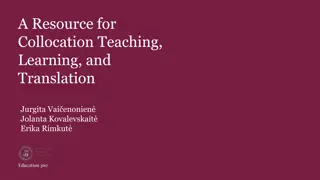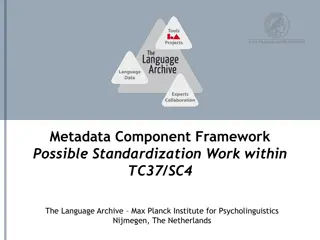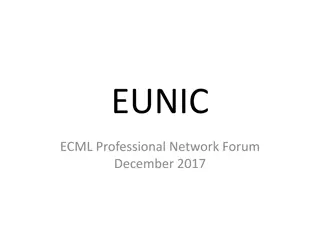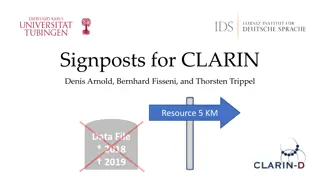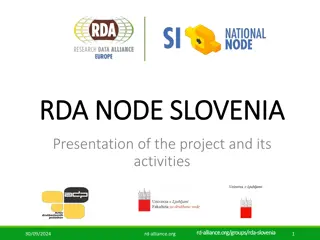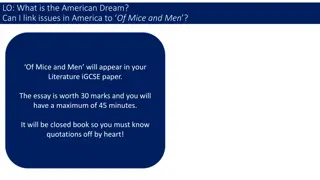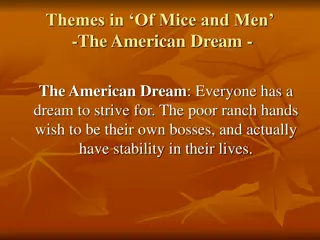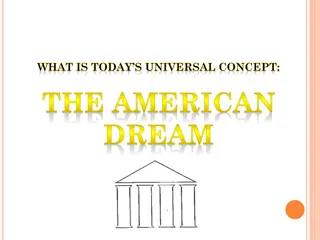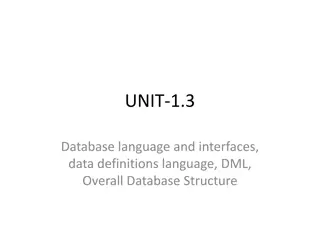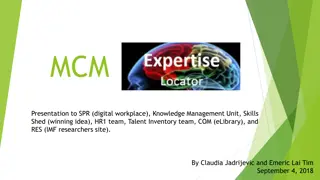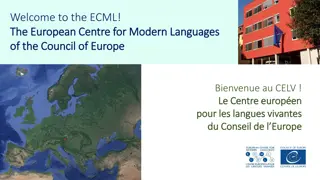Exploring the CLARIN Dream: Language, Data, and Expertise Across Europe
The CLARIN project, initiated in 2005, aims to provide seamless access to data, tools, and expertise through a network of centres across Europe. By leveraging interoperability standards, researchers can consult catalogues, access text collections, and analyze linguistic resources from various countries, benefiting diverse disciplines. Language plays crucial roles in fields such as cultural heritage, archaeology, sociology, law, media studies, art, psychology, and more, demonstrating its significance across different domains. The CLARIN project facilitates research, knowledge preservation, and collaboration, empowering users to explore linguistic data conveniently.
Download Presentation

Please find below an Image/Link to download the presentation.
The content on the website is provided AS IS for your information and personal use only. It may not be sold, licensed, or shared on other websites without obtaining consent from the author. Download presentation by click this link. If you encounter any issues during the download, it is possible that the publisher has removed the file from their server.
E N D
Presentation Transcript
The CLARIN dream in 2005: a web of centres all over Europe giving seamless access to data, tools and expertise Steven Krauwer (CLARIN ERIC) steven@clarin.eu
A humanities researcher in Austria consults the CLARIN catalogue and finds relevant text collections in Sweden, Belarus and USA a semantic lexicon in Italy a semantic annotation tool in Germany uses them to build a semantically annotated version of the text collections, benefitting from the CLARIN interoperability standards performs research on this material, with support from a centre of expertise in Spain deposits the annotated text collections in a repository in Bulgaria for later use by others and can do all this from his/her own desk! CLARIN 2
For whom are we doing all this work? Language is everywhere, not just in the dreams of linguists and language teachers It plays an important role in many disciplines, and CLARIN has the ambition to serve them all On the next slide we show just some examples of the roles language plays and the audiences that could benefit from CLARIN And in the rest of this CLARIN Caf you will see some exciting examples! CLARIN 3
Some roles of language and the corresponding audiences Carrier of cultural content: cultural heritage Record of the past: archaeology, history Main communication instrument within and across societies: sociology, anthropology Preserving and disseminating our knowledge: all disciplines Instrument to formulate rules for society: law, theology Carrier of information: media studies, journalism Means of human expression: literary studies, art, psychology Focus of cognitive processes: brain studies, psychology, neurology Component of national or cultural identity: political sciences, social sciences Object of study: linguistics, language learning Object of computer processing: language and speech technology CLARIN 4
Part of the CLARIN dream team at work in year 10 BZ (Before Zoom) Thank you! 5
